This toolkit was developed to support non-native species action on the ground at local, county and regional levels. The following resources provide information, guidance, and practical advice to support the work of existing Local Action Groups, and to help anyone wishing to establish a new group.
LAG toolkit
The toolkit is divided into three sections:
Section 1: Setting up a Local Action Group
1.1: Setting up your project and putting together a strategic plan
1.2: Managing volunteers
1.3: Funding
Section 2: Managing non-native species
2.2: Surveying for non-native species
2.1: Management methods
2.3: Health and safety, biosecurity and legislation
Section 3: Awareness raising and communication
3.1: Guidance on communicating with stakeholders and the public
3.2: Information about non-native species
3.3: Links to existing awareness raising campaigns and communications materials
Defra review of Local Action Group achievement
From 2011 to 2015 Defra funded 29 Local Action Groups across England to tackle invasive non-native species in and around watercourses to reduce impacts on local communities, protect native biodiversity, and reduce the cost to our economy.
The Local Action Group Report (PDF) summarises the overall achievements of the funding, highlights successes and blockages to progress and makes recommendations as to what is required to achieve long term sustainability of these Groups. The report can be used by Local Action Groups as an objective evidence base to demonstrate how they can provide local, cost effective solutions to the management of harmful non-native species in the future.
